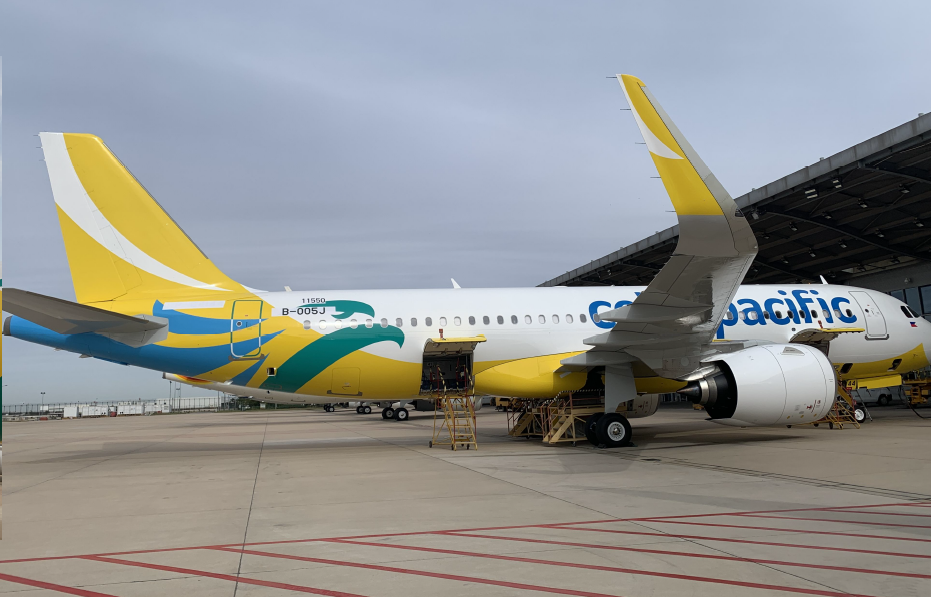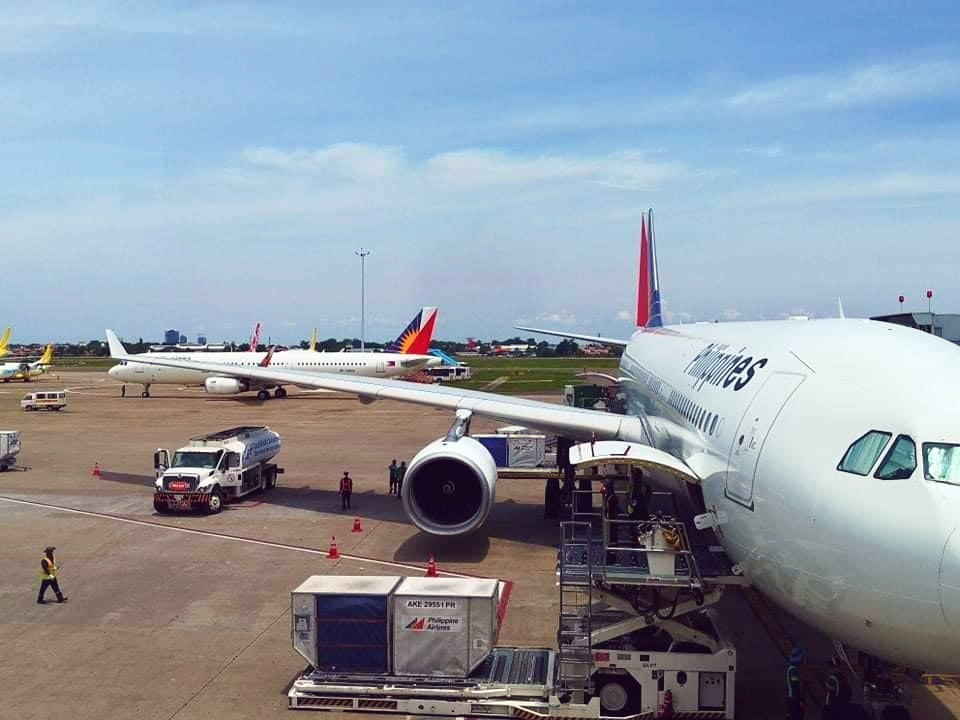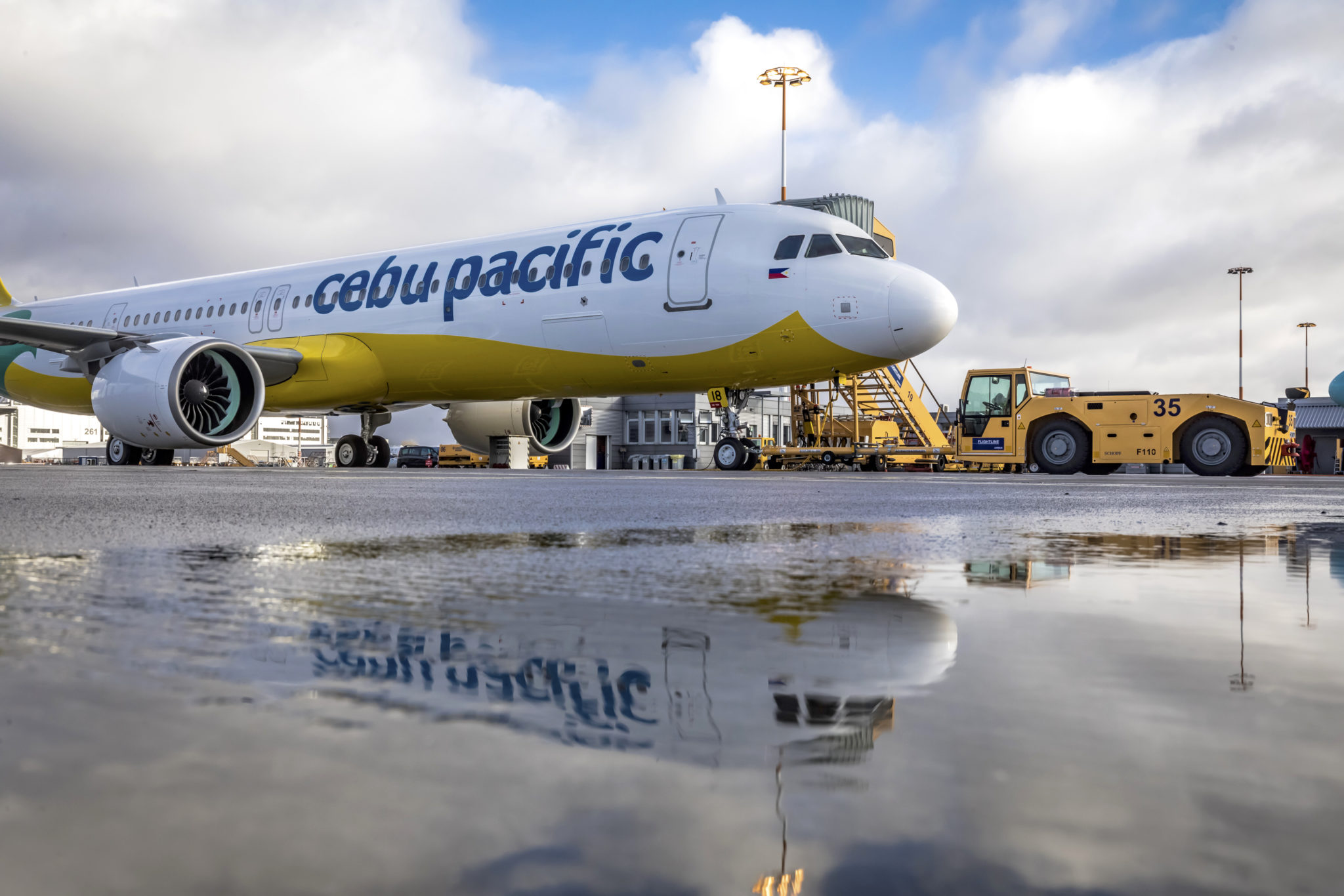
Low-cost airline Cebu Pacific Air has taken delivery of its 13th aircraft this year, a brand-new Airbus A320neo, with registry RP-C4144.
The aircraft, which arrived at the Ninoy Aquino International Airport in Manila on October 25 from Airbus’ facility in Tianjin, China, is part of the airline’s ongoing efforts to meet the growing demand for air travel and bolster operational resilience.
Low-cost airline Cebu Pacific Air has taken delivery of its 13th aircraft this year, a brand-new Airbus A320neo, with registry RP-C4144. The aircraft, which arrived at the Ninoy Aquino International Airport in Manila on October 25 from Airbus’ facility in Tianjin, China, is part of the airline’s ongoing efforts to meet the growing demand for air travel and bolster operational resilience.
The new aircraft, which was powered by sustainable aviation fuel (SAF) on its delivery flight, formally entered into service on November 1.
“This aircraft delivery supports our goal to make our operations more reliable while continuing to provide safe, reliable, and affordable air travel to our passengers,” said Alex Reyes, CEB Chief Strategy Officer. He added that the airline’s investment in SAF is a crucial step towards decarbonization, paving the way for a more sustainable future in air travel.
Cebu Pacific is expecting a total of 19 aircraft deliveries for 2023, including six more before the end of the year. The airline currently operates one of the youngest fleets in the world, with a diversified fleet mix of 74 aircraft, enabling the widest network coverage in the Philippines.
In line with its sustainability goals, the airline aims to transition to an all-NEO fleet by 2028 and incorporate SAF for its entire commercial network by 2030. On October 18, CEB signed a memorandum of understanding with Neste, the world’s leading producer of SAF, to explore the supply and purchase of SAF in Asia Pacific.
SAF is a drop-in fuel with similar characteristics as conventional jet fuels. It does not require any adaptations to the aircraft or engines and does not have any negative impact on performance. The use of SAF results in up to 80% reduction in carbon emissions across the fuel’s lifecycle.
























Leave a comment